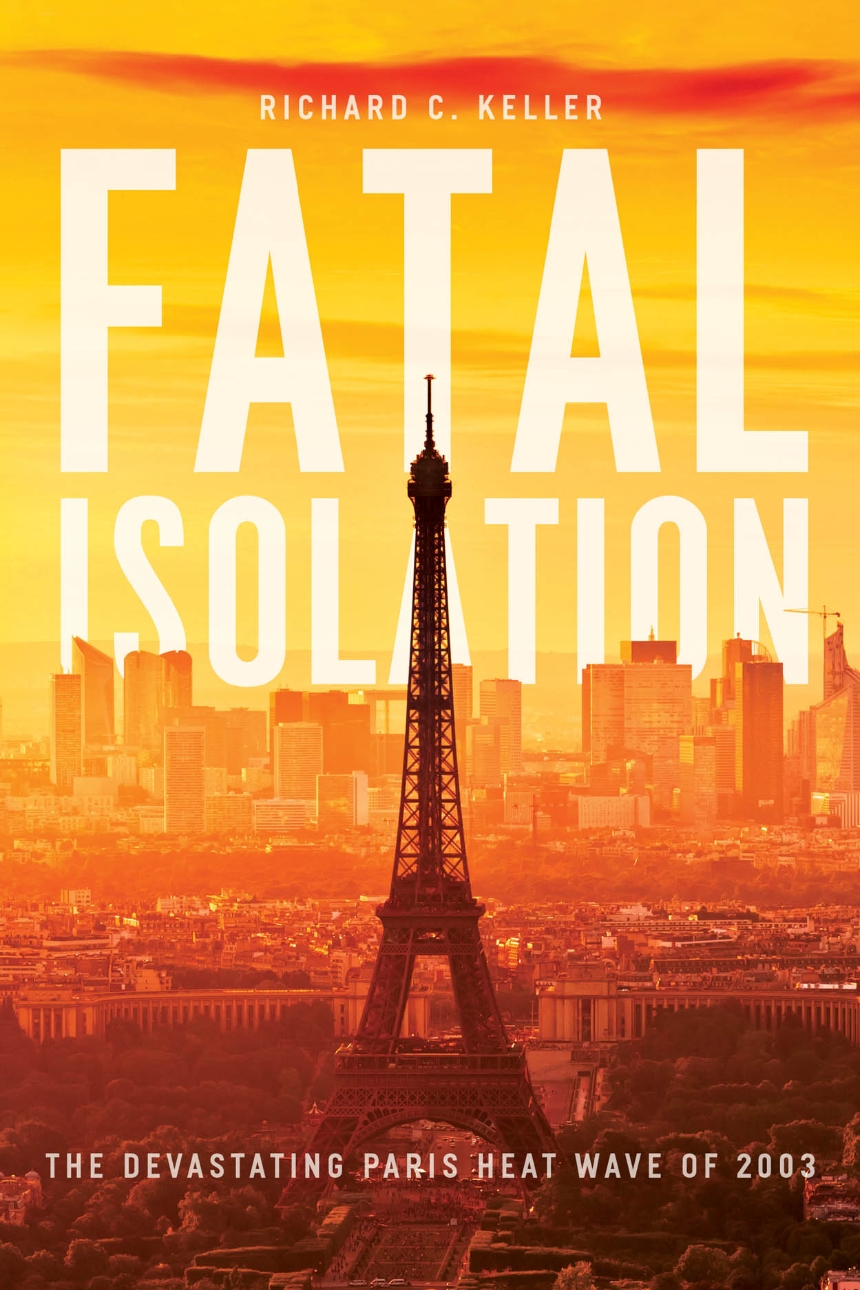Fatal Isolation
The Devastating Paris Heat Wave of 2003
Fatal Isolation tells the stories of these victims and the catastrophe that took their lives. It explores the multiple narratives of disaster--the official story of the crisis and its aftermath, as presented by the media and the state; the life stories of the individual victims, which both illuminate and challenge the ways we typically perceive natural disasters; and the scientific understandings of disaster and its management. Fatal Isolation is both a social history of risk and vulnerability in the urban landscape and a story of how a city copes with emerging threats and sudden, dramatic change.
240 pages | 27 halftones, 2 line drawings | 6 x 9 | © 2015
Geography: Urban Geography
History: Environmental History, European History
Reviews
Table of Contents
Introduction
1 Stories, Suffering, and the State: The Heat Wave and Narratives of Disaster
2 Anecdotal Life: Isolation, Vulnerability, and Social Marginalization
3 Place Matters: Mortality, Space, and Urban Form
4 Vulnerability and the Political Imagination: Constructing Old Age in Postwar France
5 Counting the Dead: Risk and the Limits of Epidemiology
Epilogue
Acknowledgments
Notes
Bibliography
Index
